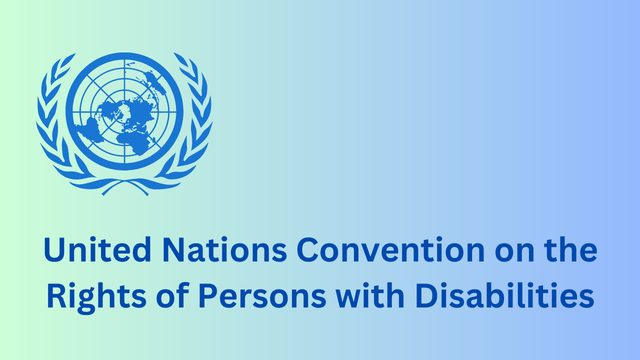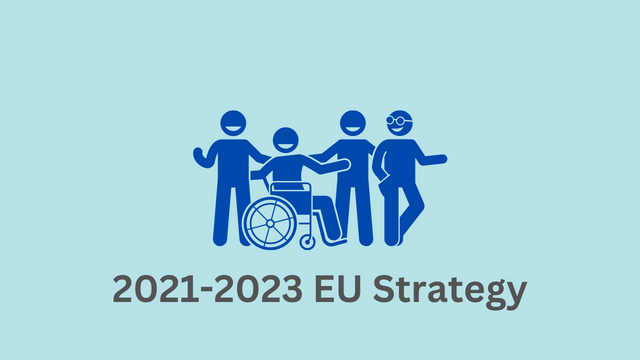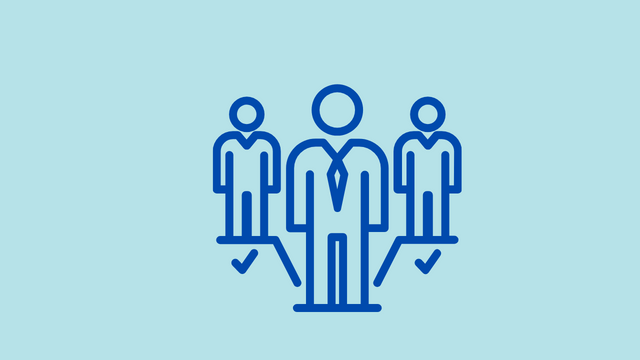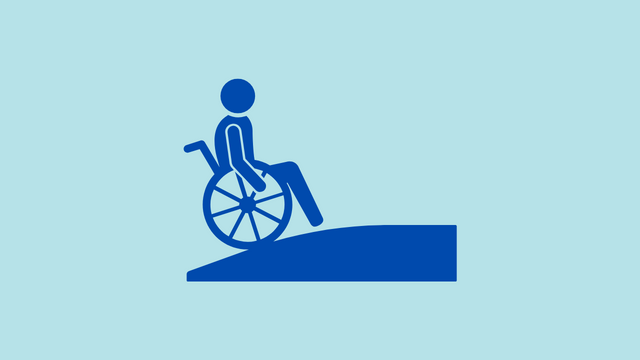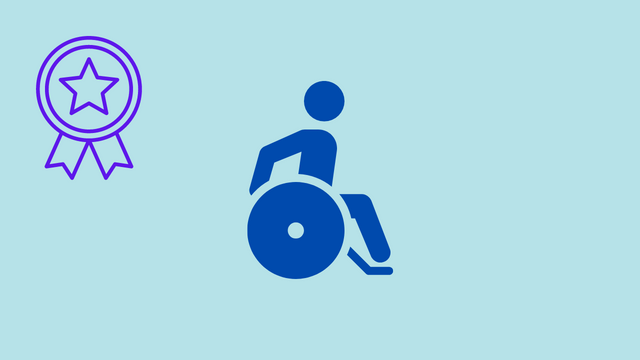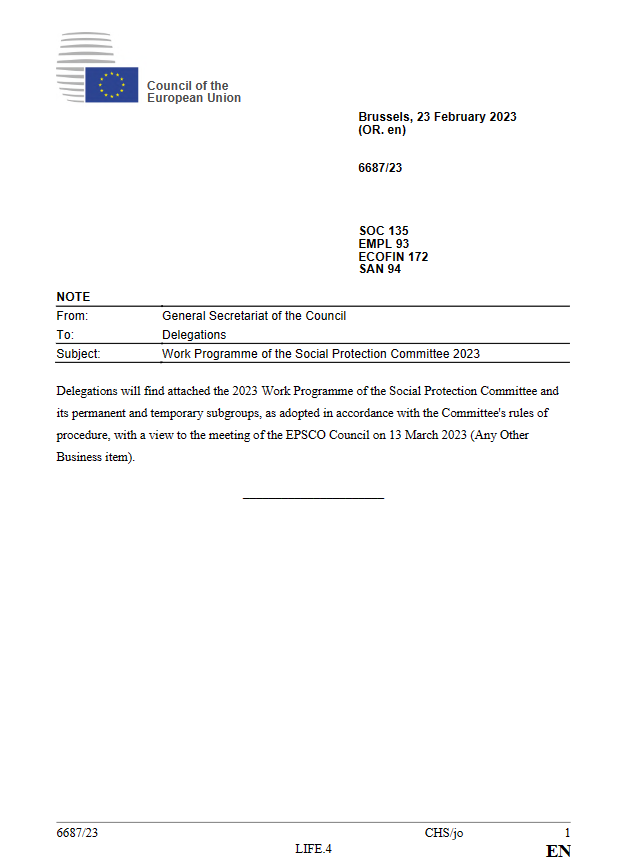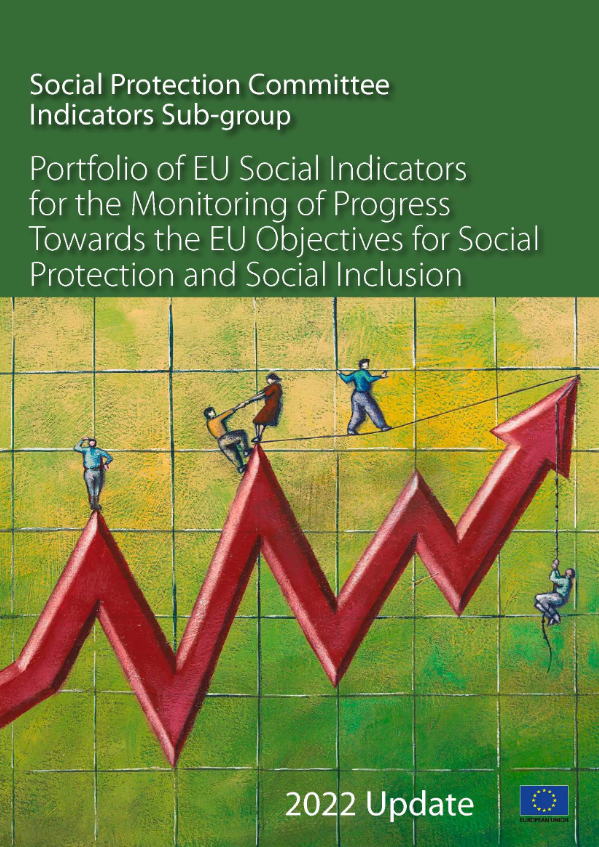|
Brussels, |
|
Persons with disabilities
|
The UN Convention on the Rights of Persons with Disabilities (UNCRPD) is the first international, legally binding instrument setting minimum standards for rights of people with disabilities, and the first human rights convention to which the EU has become a party. The UN Convention says that persons with disabilities have the same rights as everyone else. It also tells how countries can protect these rights. For the EU, the convention entered into force on 22 January 2011. All EU Member States have signed and ratified the convention. 22 EU countries have also signed and ratified its optional protocol in January 2019. This means that every EU country must protect the rights of persons with disabilities. 22 EU countries have also signed and ratified its optional protocol, which establishes an individual complaints mechanism for the Convention. The European Commission coordinates the implementation of the Convention at EU level. |

